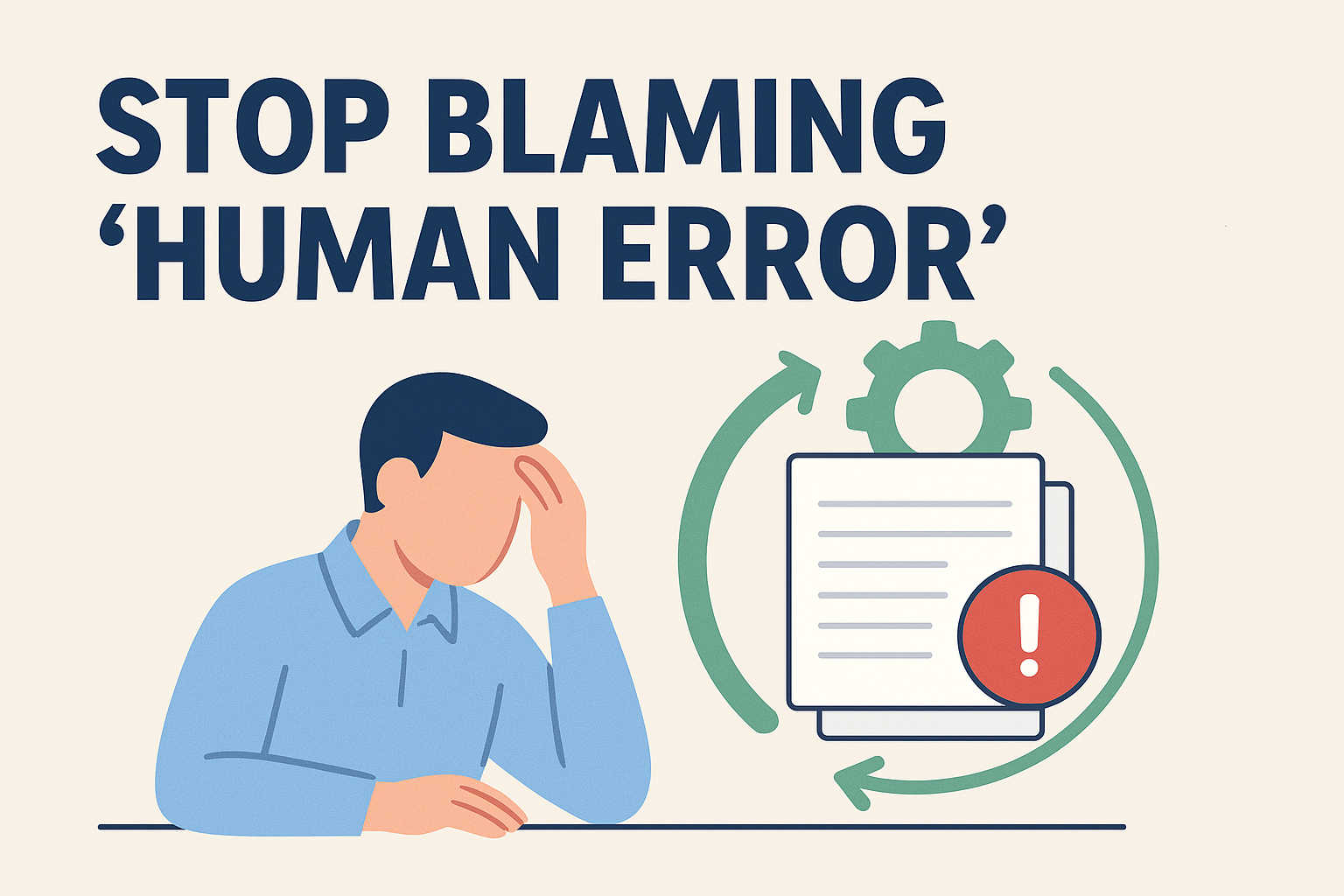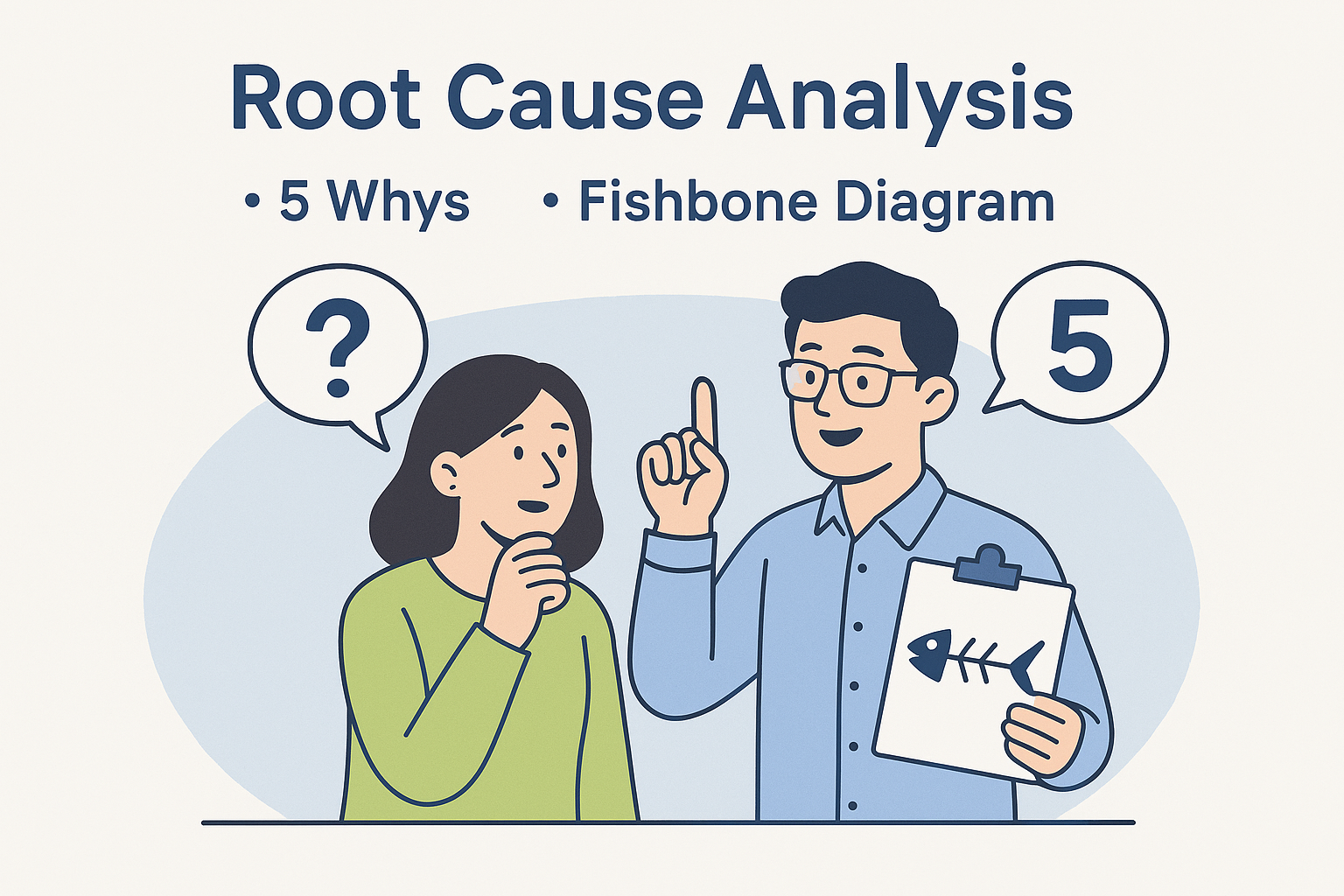Mohamad-Ali Salloum is a Pharmacist and science writer. He loves simplifying science to the general public and healthcare students through words and illustrations. When he's not working, you can usually find him in the gym, reading a book, or learning a new skill.
Full Agonist Vs Partial Agonist
Share
As discussed in previous article, an agonist is a molecule that causes a physiologic response when it binds to its receptor.
A drug can be classified as Full agonist or Partial agonist depending on its efficacy.
Let’s Say Drug A is the Full agonist and Drug B is the partial agonist.
So, how both can be agonists and have different magnitude of action?
A full agonist can be effective 100% although not all receptors are occupied. This means that Drug A needs less than 100% of the receptors to result in full response.
On the other hand, drug B, a partial agonist will never be able to reach 100% even if it occupied 100% of the receptors present.
This happens because the physico-chemical properties of the full agonist that allow it to make a bond with the receptor in a way that it can excite only 3 receptors (theoretically) to result in 100% of the effect.
The physico-chemical properties of the partial agonist allow it to bind to its receptor, however, with lower ability to excite it and produce the desired response, even with occupying 100% of the receptors present.
Examples of full agonists are morphine, opium and phenylephrine. Buprenorphine and Tolazoline are examples of a partial agonist.
You can also watch the illustrative video below for more understanding of the topic.
Resources:
1) R. J. F. R. H. G. Rang HP, Rang and Dale's pharmacology, ed., vol. , , : Elsevier
List of Services
ABOUT THE AUTHOR
Mohamad-Ali Salloum, PharmD
Share
Recent articles:





















